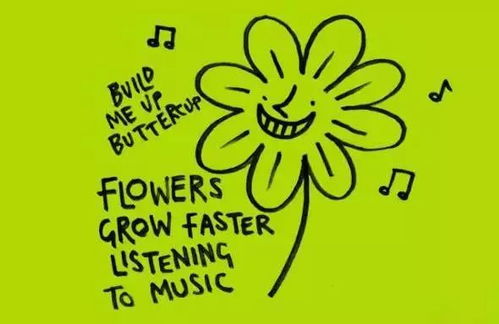
The

Origins of a Few Cool English Words and Phrases You May Not Know
The English language is full of fascinating words and phrases, many with origins that are obscure or surprising. Here are a few examples of such cool linguistic tidbits:
1. Brouhaha:
This word is typically used to describe a noisy or chaotic commotion, but its origins are somewhat unclear. Some suggest that it can be traced back to the French phrase "brouhaha," which was used to describe the sound made by witches during their ceremonies. Others believe it may be derived from an old Scottish word for a hubbub or uproar.
2. Cold turkey:
If you decide to quit a habit, such as smoking or drinking, abruptly and without any preparation or weaning off, you might say that you're going "cold turkey." The phrase is thought to have originated in the early 20th century and may be related to the idea of a cold, lifeless bird (i.e., turkey) representing the sudden stop to a habit.
3. Hobnob:
To hobnob with someone means to socialize with them, especially in a casual or friendly manner. Its origins are uncertain, but one theory suggests that it comes from the phrase "hab nub," which was used in Middle English to mean "have or not have." This may have evolved into an expression meaning to have a conversation or interaction with someone.
4. Jam-packed:
This phrase is used to describe something that is tightly packed or filled to capacity. Its origins can be traced back to the 19th century, when "jamming" was a term used for packing fruit into jars. Over time, the expression evolved into a more general description of anything that is crammed together.
5. Posh:
Today, if something or someone is described as "posh," it generally means they are stylish or upscale. However, the origins of the word are less glamorous. Some believe it comes from the acronym "Port Out, Starboard Home," which was used to describe the most desirable cabins on ships traveling from England to India. Those who could afford these luxurious accommodations were said to be "posh." Others suggest that it may come from the Romani language (spoken by Roma people), in which "posh" means "half."
6. Scuttlebutt:
This word is used to describe gossip or rumor. Its origins can be traced back to the nautical world, where a "scuttlebutt" was a cask of water with a hole cut into it, from which sailors would drink. The term evolved to refer to the water cooler or break room on a ship, where sailors would gather to exchange news and information.
7. Skedaddle:
To skedaddle means to run away or depart quickly. Its origins are a bit up for debate, but one theory is that it comes from a Scottish term "scadudle," which meant to spill or scatter. Another possibility is that it has roots in the Spanish phrase "¡Quéte vaya con Dios!" (May you go with God!), which American soldiers in the Mexican-American War may have heard as "scadaddle."
8. Snafu:
This acronym stands for "Situation Normal, All F*cked Up," and is used to describe a chaotic or problematic situation. Its origins are military, with the term being used during World War II to describe equipment malfunctions or other issues. Over time, it evolved into a more general expression for any situation that is messed up.
These are just a few examples of the cool English words and phrases that have fascinating origins. The language is full of such linguistic tidbits, waiting to be explored and discovered.